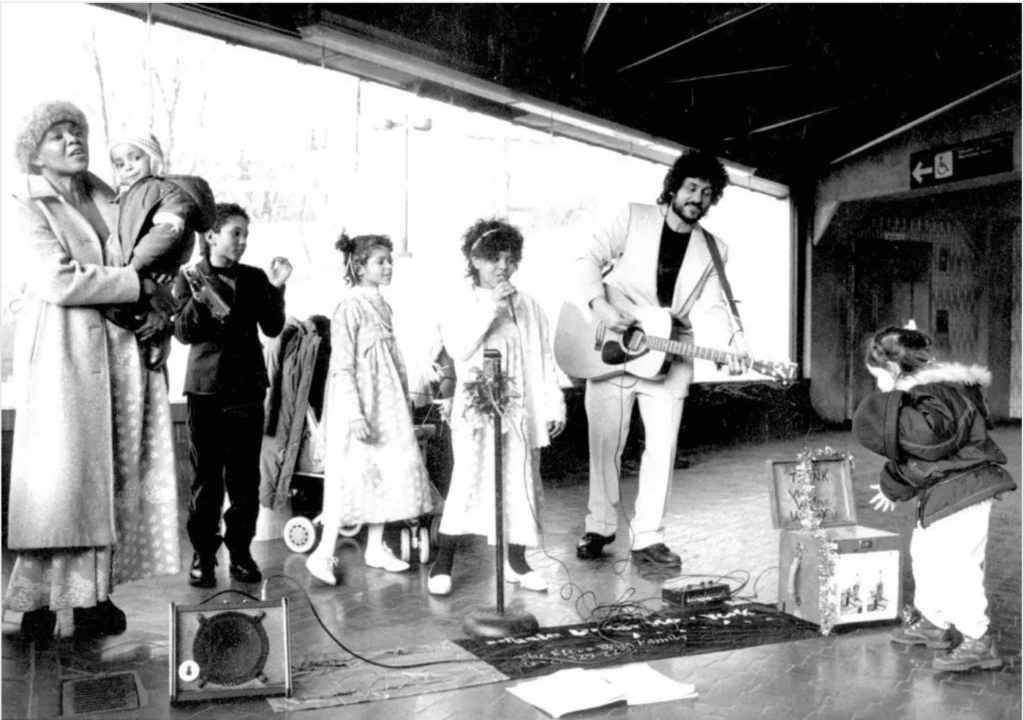
I recently received a text from an old friend congratulating me on having my recent guest essay, “The A.I. Prompt That Could End the World,” published in The New York Times.
I texted back that this was another Stephen Witt, not me. I must admit, however, that sometimes, when friends and acquaintances text me congratulations after Mr. Witt places pieces in prestigious publications, I simply text back, “Thank you.”
Such is the life of having a living, breathing doppelganger, who not only shares my name but, like me, is a journalist, has written two books, has a Chicago connection, and now lives in Los Angeles.
It’s not like we don’t know each other. Several years ago, we experienced a few email mix-ups that required brief communications. Beyond emails, even search engines confuse us. Google Stephen Witt, and you’ll see that we’ve written four books, not two, and there are hundreds of mix-and-match articles we’ve written between us, listed on Muck Rack.
Our backgrounds do differ. My doppelganger grew up in New Hampshire and Minnesota, went to the University of Chicago and Columbia Journalism School for graduate work, and has a famous writing sister, Emily Witt.
I grew up in Downtown Skokie, a near north suburb of Chicago, attended Southern Illinois University, and graduated from the hallowed halls of SUNY Empire State College. My brother, Randy, doesn’t write, but he is a preeminent expert on everything Chicago Cubs, although, like Pope Leo, I’ve always been a White Sox fan.
One writing similarity we share is that we’ve both written about music. My doppelganger’s first tome, How Music Got Free tells the story of how the MP3 era changed the music industry.
I arrived in New York City in 1980 as a singer-songwriter. I cut my journalistic teeth writing over 350 first-person columns for the East Village’s Downtown, chronicling my life as a subway musician and interviewing several hundred street and subway performers. While I never quoted Napster founder Sean Parker, like my doppelganger, I did snag a rare interview with legendary street comic Charlie Barnett. I also interviewed the late Sinéad O’Connor, a former busker, where she elaborated about child and sexual abuse in the Catholic Church, the week before she infamously went on Saturday Night Live and tore up a picture of Pope Jon Paul II.
I entered journalism relatively late. After getting married and having children. I successfully used my street music column to secure a newsside position, first as a stringer and then as a staff reporter for the Times-Herald Record in upstate Middletown, New York. Then I moved to the Pike County Dispatch in Millford, Pennsylvania, and Courier-Life and News Corp in Brooklyn. My final journalism position in New York City was as Political Editor-in-Chief for amNY and Schneps Media. In these positions, I’ve won a few awards and achieved recognition as an excellent community journalist.
Along the way, I’ve also written and published two novels: the dystopian American Moses, about a Jewish man and his biracial family leading a diverse group of American Jews to the new Promised Land of Las Vegas, and The Street Singer, a Roman-a-clef about the Atlantic Yards project and Brooklyn Nets coming to the borough – an issue that I covered at length as a reporter.
I am older now, well seasoned, and with fire in my belly still. Yet like T.S. Eliot, who has measured out his life with coffee spoons, I measure mine in taking daily steps. Often, on these walks through Los Feliz and along the Los Angeles River, I wonder if my years of songwriting, journalism, and being a novelist will come to naught – another writer surfing their life’s wave before crashing upon the sands of obscurity.
But, alas, my doppelganger continues to tackle cutting-edge AI and Silicon Valley issues. He publishes in prestigious publications and gets TV streaming deals. And, thanks to the internet, my work becomes increasingly intertwined with every story he publishes.
There is hope yet. In the annals of time and literature, one never knows who gets remembered and who is thrown on the scrapheap of obscurity.
So I salute my doppelganger extraordinaire, the other Stephen Witt, in all his glory. He is proof positive that the world is a mysterious place, magic exists, and things happen for a reason.
After 45 years in New York City, Stephen Witt moved to Los Angeles to be closer to his family. He is currently the Publisher and Editor of LosAngelesCountyPolitics.com, continues to write fiction, and is working on his second album of folk songs.















